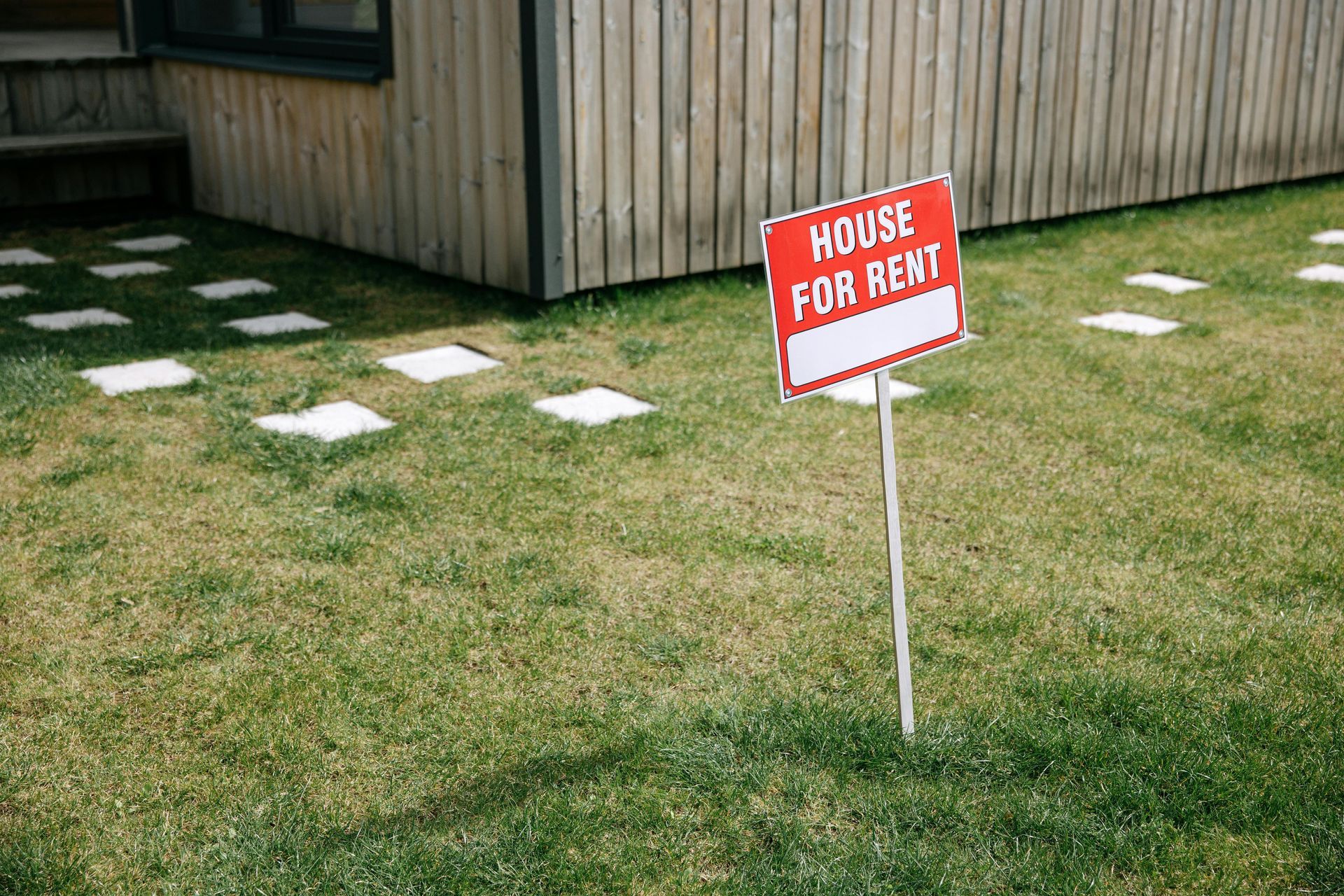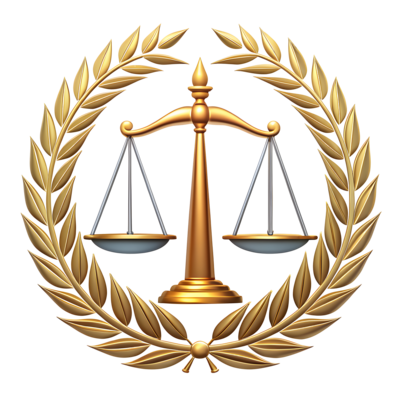Information About Immigration
Jose David Alcantara
1125 Atlantic Ave. Suite 541
Atlantic City, New Jersey 08401
Voice:
(609) 782-2494 email
jda84375@gmail.com
The immigration field has been under constant change since 1990. The following is a guide to the most common areas of practice and questions that the prospective client and/or petitioner may have. Our fully staffed office routinely handles these types of matters.
The most common question to determine is to first clearly ascertain the status of the beneficiary and petitioner, if any. The beneficiary is the person for whom the application benefits, i.e., attempting to receive a change of status whereas the petitioner is the person who has a valid status which may ultimately be the means for implementing the change. Please be advised that fees and forms are subject to change at any time.
The initial status of a beneficiary could be: illegal (often characterized as without documentation), in application status, legal, under a particular other visa and requesting an adjustment of status, etc..if a person has no status, then usually it means he or she has no visa. An illegal does not have a visa.
You may scroll down to the section you desire, or you may choose to jump directly to that section. Many of these visa requirements constantly change.
F1 Student Visas
H1-H4 Specialty Employment Exemptions
I-130 Petition for Alien Relative
I-485 Adjustment of Status
J-1 Speciality Student/Interns
L-1 International Company Employee Visa
N-400 Citizenship Applications
O and P Athletes and Entertainers Visas
Other areas include: Political Asylum, Refugee Status, Religious Worker Petitions and Department of Labor Specialty Applications.
F-1 Visa: Student Visa
The requirements for this visa are, among others, the following:
a. The alien must be in an "academic" setting and not
simply a vocational type of institution.
b. The school must be approved.
c. The foreign student must be enrolled full time.
d. The foreign student must be proficient in the
English language or be taking courses so as to
become proficient in the English language.
e. The foreign student must have sufficient moneys
to support him/herself.
f. The foreign student must maintain an actual address
abroad and have no intention of remaining in the
United States upon completion of the academic studies.
The forms are the OF-156, the I-20A-B issued by the school, documentation as to financial ability, valid passport, two photos and the application fee if applying to an U.S. Consulate. If the prospective student is already in the U.S. then he/she must submit a change of status application for a nonimmigrant status.
H1-H4 Visas: Specialty Employment Exemptions
H-1B VISA: This visa category generally applies to alien applicants in the health care industries, university professors, engineers, computer professionals, attorneys, accountants, fashion models or persons with a bachelor of science or higher degree(s).
The maximum period for staying is three years with the possibility of an additional extension of three years. The procedure first involves an approval from the Department of Labor (DOL) with the concomitant Labor Condition Application.
H-2B: Temporary Service Alien Visa: This visa permits the alien to work within the United States for a reasonable period of time (one year) and can often be extended to a maximum of three years. Again, the Employer must file a DOL certification and alien must not previously have been a recipient of the same certification. These visas are very limited.
For example, seasonal employees, such as farmworkers often apply for this visa, as long as the DOL processing application demonstrates that there is no displacement of unemployed American citizens. The application must show that the relevant labor union for the area of employment was contacted.
The maximum period of entry is three years with the possibility of three more years. The prospective employer must file a DOL certification (see above) and condition that the same employee or applicant did not have an application or employment. The alien must show that an U.S. unemployed citizen will not be displaced by such employment. The employer first submit the offer of employment or DOL form ETAT 50 and must also contact any relevant union to determine if American workers are available.
The form for this visa is I-129 and the H supplement.
I -130 Petition for Alien Relative
The more salient types of visa are the following. For your information, a synopsis of the more pertinent requirements is indicated for each of these visas.
a.The I-130 Visa petition. This petition is requested by way of form I-130. It is a petition for an alien relative: wife, unmarried child under 21 years of age, married child of any age, brother, parents, etc. but not for cousins, adopted relatives, uncles, grandparents, etc.
The essential documentation required are: filing fee (which varies from year to year), the marriage certificates (translated and notarized in the event of a spousal petition), the birth certificates, immigration specific style of photographs, fingerprint charts for the beneficiary, alien registration card, proof of citizenship (naturalization documents) or permanent status or the petitioners valid passport and the Biographic section. You must prove that there is a real family relationship with the beneficiary individual. Often, it is recommended that notarized proof of a divorce be submitted.
In addition, the petitioner must provide proof that the beneficiary will not become a public ward. Thus, an affidavit showing that the petitioner will become responsible for the expenses of the beneficiary may be necessary.
The filing fee changes. is now $535.00 for the I-130 plus the additional filing fees for any other documents. The new law does not permit the marriage of an 'illegal' to a U.S. citizen within the United States, at this time, and hence the 'illegal' must normally be interviewed by the American consulate of his country of nationality. The processing of the entire petition for the non-citizen beneficiary will vary depending on a number of factors.
In the case of a spouse, both individuals are required to submit a Form I-751 Joint Petition to Remove the Conditional Basis of Alien's Permanent Resident Status. If both spouses are in the United States then careful observation must be made to submit the initial documents to the regional INS office (not the local) for preliminary approval.
Also, careful note should be taken that the status of the petitioner can impact the results of the petition. An U.S. Citizen can petition his/her spouse, unmarried child under 21 years of age, or unmarried child over 21 years of age, or married child of any age; his/her brother if the petitioner is at least 21 years of age; the petitioner's parent(s) is the petitioner is at least 21 years of age.
In the event the petitioner is a lawful permanent resident only, then he/she may only file for the spouse or the unmarried child. All applicants should note that the Internal Revenue Service requires certain forms be submitted.
I-485: Adjustment of Status
The filing fee here is usually $1,140.00 dollars. Form I-485 is the form or petition for a person in the United States who is applying for a change or adjustment of his/her present status to that of a lawful permanent resident of the United States of America. The applicant may file if he/she is:
a. Physically within the United States,
b. Have an immediately available immigrant visa number,
c. Be admissible to the United States of America for
status as a permanent resident,
d. Adjust status before Oct. 1, 1997 per section 245 of
the Immigration Act,
e. Pay the additional sum or demonstrate that section
245(i) of the Immigration Act does not require the sum.
Immigration law changes quickly and it is important to consult with an attorney directly, including on the issues of filing fees. If your spouse is illegally in the US, he/she may not normally file with you but must have his/her interview in a foreign, non-contiguous to the U.S. soil, nation.
J-1 Visa: Specialty Student/Interns
The J-1 visa most often applies to foreign students, scholars, experts, medical interns and exchanges visitor type of visas.
In general, the requirements of the program designated by the school or training facility must be a program approved by the United States Information Agency (the USIA). The maximum period for this visa is 18 months plus 30 days. The recipient's family members may be permitted to accept limited employment subject to approval by the Immigration and Naturalization Service (INS) and is thus characterized as a J-2 visa.
Other requirements for the J-1 include: that the alien maintain proof of an foreign residence, that form IAP 66 be issued and approved by the program sponsor, the foreigner's passport, appropriate photos and visa application OF-156.
L-1 Foreign Employee Visa
This visa requires that the intention, as in most visas, is that the foreigner intends to remain within the United States for a limited period of time. The L-1 visa most typically applies to managers and executives of multi-national corporations and requires the following proofs:
Proof of like employment within the past year, proof of the alien's residence for the year prior to the application, dates and purpose of each entry, requirement that he/she must have lived abroad for one continuous year in the preceding three years prior to the application, proof that the foreign company or subsidiary is related with the USA company, the I-295 certificate of eligibility by the company transferring the alien, form I-797, a letter from the prospective employer with supporting documentation describing the job duties and skills required and the filing fee.
N-400 Application for Naturalization
The N-400 form is the petition to become an American citizen. The filing fee is $725.00 dollars. The usual requirements are that the applicant must either:
a. Have been a lawful permanent resident for a period of
five consecutive years prior to the application, or
b. Have been a lawful permanent resident for three years,
have been married to a citizen of the United States of
America for all of those three years and continue to
be married to the same citizen; or
c. That the applicant is a lawful permanent resident child
of a parents who are United States citizens, or
d. That the applicant has qualifying military service in
the United States Armed Forces.
It should be noted that children under the age of 18 become U.S. Citizens immediately upon when their parents become U.S. Citizens.
The form to fill out is the N-400 petition which requires: photographs, fingerprints, proof if have served in the U.S. military service, birth certificate of the child if the application involves a child and a filing fee. Make sure you file at the appropriate immigration and naturalization office. The procedure may take a year or longer. The petitioner will be required to pass a minimal English writing/oral test as well as questions regarding some basic history and law about the United States.
O and P Visa: Athletes and Entertainers
This visa applies with reference to individuals who have excelled in the arts and the sciences and who have received awards and certificates for their contributions to humanity in their field(s).
P Visa: This visa typically applies to entertainers and athletes of eminent or olympic quality.


